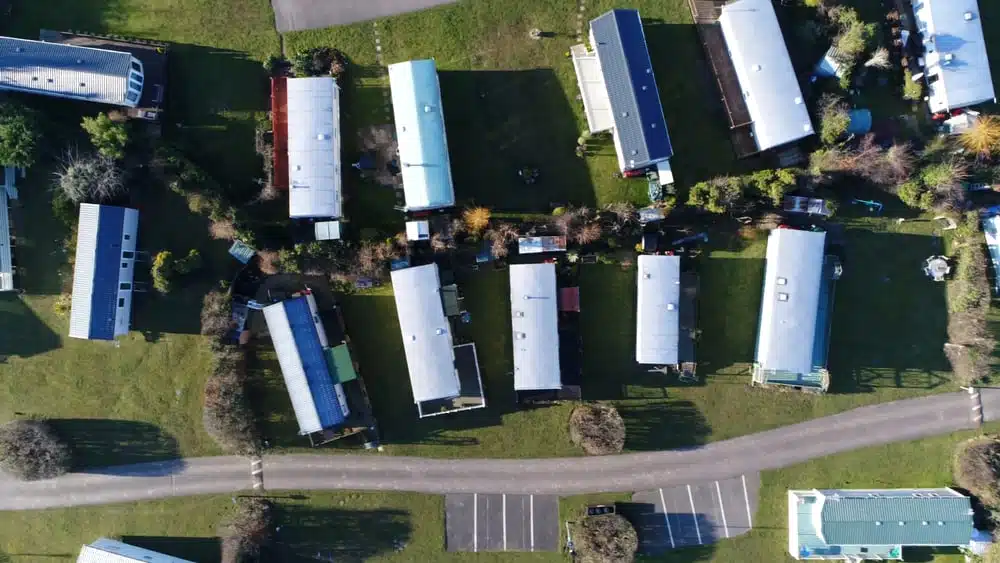Following last year’s decision to permit campgrounds in certain areas, the town of Leland in North Carolina is now contemplating additional regulations for RV parks. In January 2022, the Leland Town Council adopted an ordinance allowing RV parks in specific commercial zoning districts.
A developer, aiming to convert its 96-acre property on Chappell Loop Road into an RV park, is requesting the town to permit such projects in special flood hazard areas.
Currently, the town’s ordinance prohibits the construction of RV parks in flood-prone areas. Developer Evolve Acquisitions LLC has submitted a text amendment application, seeking to revise the ordinance by removing this restriction.
The application also proposes adding language that would require RV sites in flood zones to post a sign informing visitors of the flood risk and stating that RVs should be removed within 24 hours of the town declaring a state of emergency during a flooding event, as reported by Star News Online.
Last month, the town’s planning board reviewed the text amendment and, following staff recommendations, advised the town council to reject the request. RV parks and campgrounds have become a growing topic of discussion in Brunswick County and surrounding areas.
This year, nearby Belville adopted its own ordinance allowing the construction of RV parks and campgrounds in some zoning districts, following Leland’s example.
In Brunswick County, the first phase of an RV park located on a wooded piece of land between Boiling Spring Lakes and Winnabow is scheduled to open in July. Additionally, two proposed projects in New Hanover County could accommodate a total of 110 recreational vehicles.
Brunswick County officials attribute the increased interest in RV parks and campgrounds to the COVID-19 pandemic and the rise in remote working and RV living.
Town staff cited several concerns, such as evacuation congestion and flash flooding, as reasons for recommending denial of the proposed language change. Public safety staff referenced a May 19 storm that flooded over a dozen roads in Leland with little warning, stating that moving RVs from the areas within 24 hours could be impossible even in mild rainstorms.
Samuel Franck, the lawyer representing the applicant, said Evolve Acquisitions LLC initially brought the RV ordinance language to the town last year but did not intend for it to restrict campgrounds in special flood hazard areas.
Franck explained that the text amendment application aims to “correct a mistake” and noted that temporary RV parks are “often located in flood zones,” particularly in beach towns.
The planning board followed the staff’s suggestion and recommended the application for denial. The Leland Town Council will consider the matter at its June 15 meeting and is not bound by the planning board’s recommendation.
As RV park owners and operators navigate the complexities of local ordinances and zoning regulations, it is crucial to stay informed about the ever-changing landscape of rules and best practices.
Engaging with local authorities, participating in community meetings, and being proactive in understanding the potential risks and challenges of developing or operating an RV park in various locations can help ensure a successful and sustainable business.
Furthermore, it is essential to consider the long-term implications of location choices, such as flood-prone areas, and invest in infrastructure and emergency preparedness plans to minimize potential risks to guests and property.
By staying informed and proactive, RV park owners and operators can contribute to the growth and success of the outdoor hospitality industry while maintaining a strong commitment to safety and community engagement.


